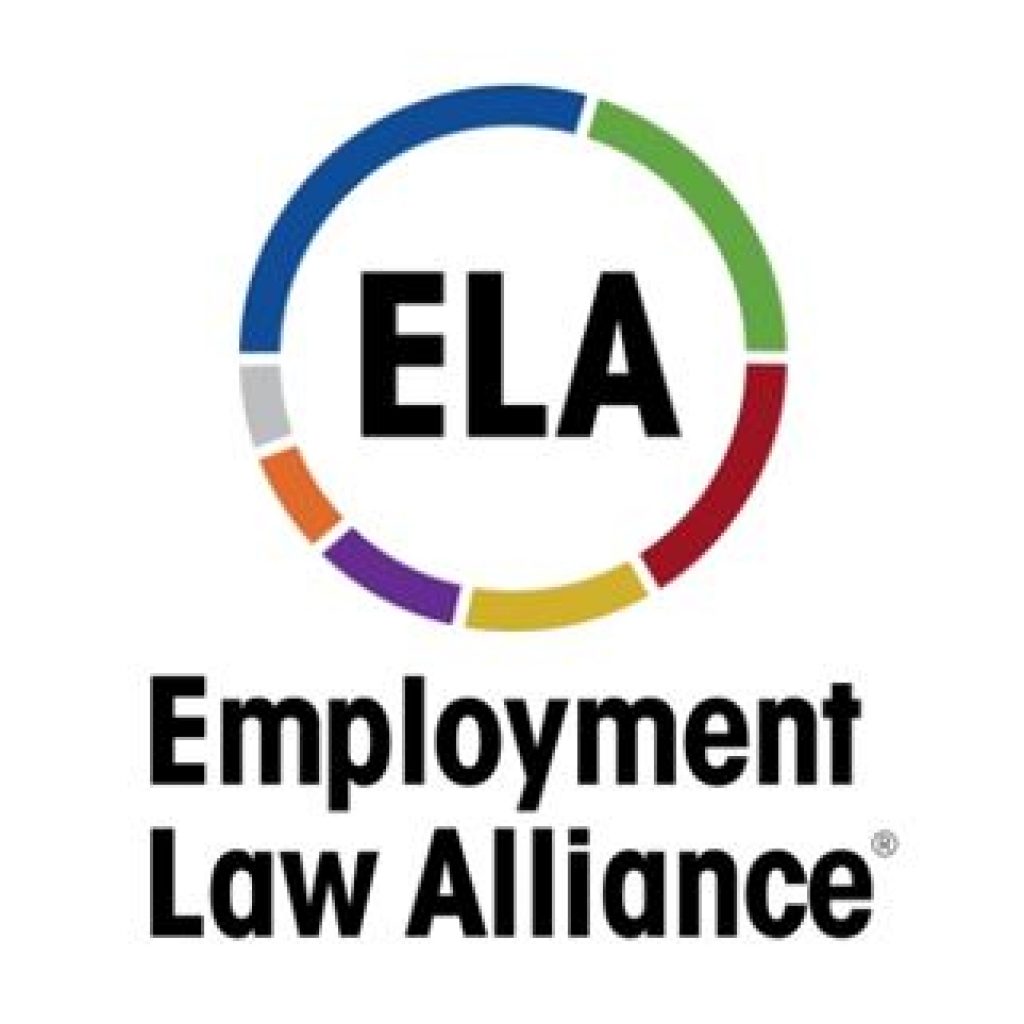Does the Employer or Employee Own Those Social Media Accounts? Part II.
This question has been subject to litigation in a years-long case that we previously discussed in our January 2022 E-Update. At that time, the U.S. Court of Appeals for the 2nd Circuit affirmed in part and vacated in part a preliminary injunction that gave the employer sole control of the social media accounts, sending it back to the federal district court for further proceedings. And now the 2nd Circuit has clarified that the ownership question is subject to traditional property law principles.
In JLM Couture, Inc. v. Gutman, the company and the designer had an employment contract that governed much of their relationship, but not social media accounts. When the relationship ended, the company claimed ownership of the designer’s Instagram, TikTok and Pinterest accounts, arguing that she created them in her capacity as an employee. She, on the other hand, argued that she created them in her personal capacity, and she did not cede ownership by agreeing to use the accounts to market the company’s products.
In this go-round, the federal district court gave the company exclusive control over the social media account, using a six-factor test that it developed specifically for social media ownership disputes. The 2nd Circuit, however, rejected the new test, holding that traditional property law principles apply. More specifically, the 2nd Circuit noted that if the designer created the accounts using her personal information and for her personal use, then she is the owner of the accounts. But the designer could have transferred ownership to the company by contract. However, the 2nd Circuit noted that transferring rights to content posted on the account is not the same as transferring ownership. Also, permitting others to assist in managing the account or who holds themself out as the owner does not bear on the question of actual ownership.
The 2nd Circuit also addressed the argument that ownership was transferred through a contract provision providing that all “designs, drawings, notes, patterns, sketches, prototypes, samples, improvements to existing works, and any other works conceived of or developed by [the designer] in connection with her employment with the Company involving bridal clothing, bridal accessories and related bridal or wedding items,” are works for hire and the exclusive property of the company. The 2nd Circuit rejected the argument that the social media account were “other works,” under the general principle of contract interpretation that “the ordinary meaning of general terms at the end of a list must be interpreted to embrace only objects similar in nature to those objects enumerated by the preceding specific words.” In this case, the other items in the list are closely related in that they are steps in the process of fashion design and might be sold to the public – unlike the accounts. The 2nd Circuit then remanded the issue back to the federal district court to re-evaluate the ownership question under these general contract principles.
This case reinforces the lesson we previously articulated: it is critically important to establish – clearly and in writing – who owns a social media account, if an employee is engaged in social media activities for the employer, particularly if there is a mixing of business and personal activity on the account.







